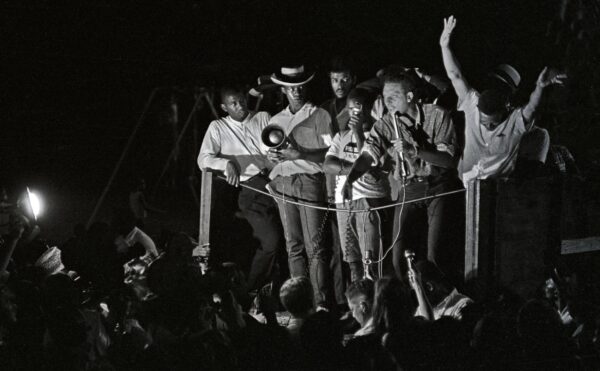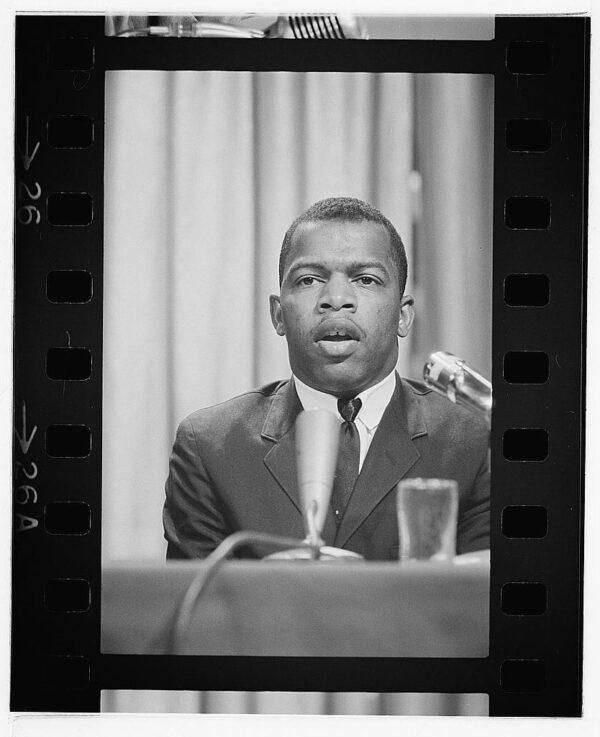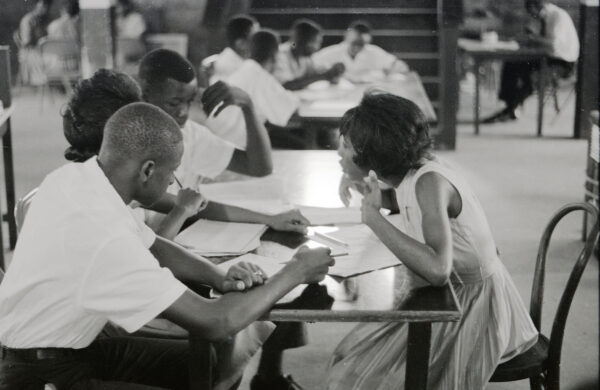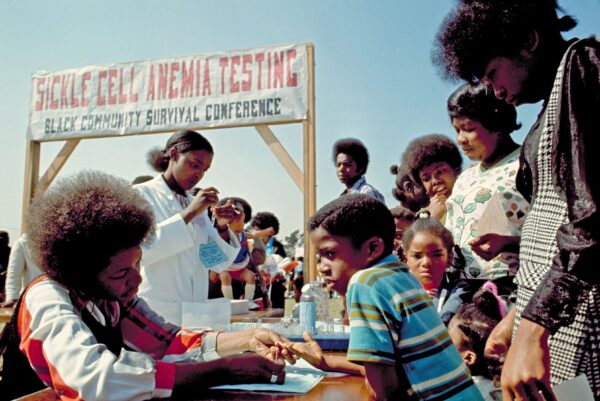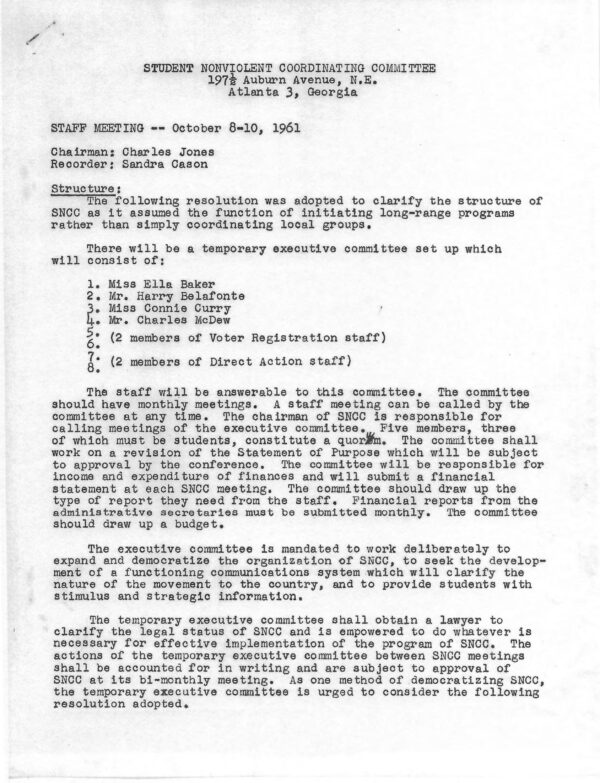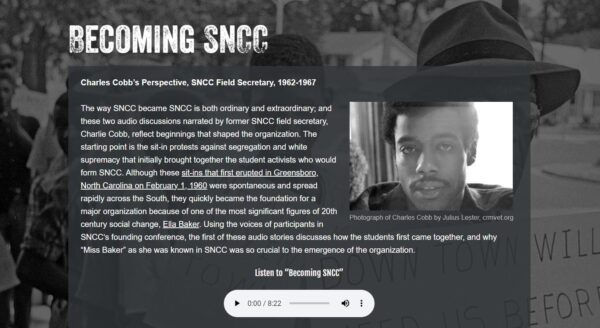John Lewis was an icon of the civil rights movement, one of the founding members of the Student Nonviolent Coordinating Committee (SNCC), and a politician who was first elected to the U.S. Congress in 1986. He became involved in the Civil Rights Movement after Martin Luther King Jr. replied to his handwritten letter with a bus ticket to Montgomery, Alabama. Lewis was one of the “Big Six” leaders and the youngest speaker at the March on Washington for Jobs and Freedom in 1963. Lewis delivered a passionate and militant speech demanding immediate action on civil rights, declaring, “We do not want our freedom gradually; we want our freedom now!” Following the day’s events, Lewis and the other “Big Six” members met with President John F. Kennedy at the White House, where they pressed him to take stronger action on civil rights legislation. On March 7, 1965, known as Bloody Sunday, John Lewis and Hosea Williams led over 600 marchers across the Edmund Pettus Bridge in Selma, Alabama, to protest for voting rights. They were met by Alabama state troopers and sheriff’s deputies, who brutally attacked them with clubs, tear gas, and whips. Lewis suffered a fractured skull, and many others were beaten unconscious, but their courage helped galvanize national support for the Voting Rights Act of 1965. In his later years, John Lewis used his lifelong commitment to justice to advocate for contemporary civil rights issues, including voting rights, immigration reform, and LGBTQ+ equality, often reminding activists to make “good trouble, necessary trouble” in the fight for justice.
